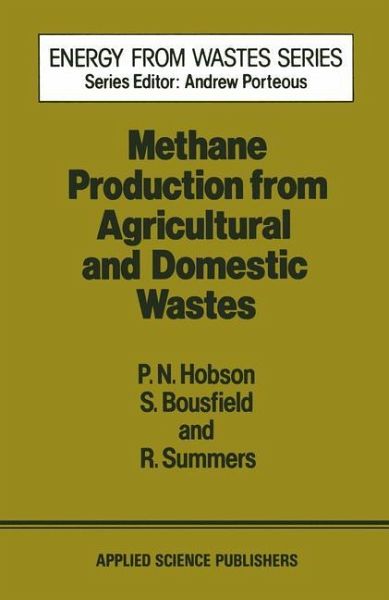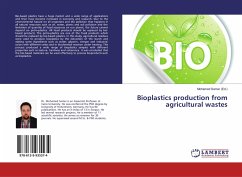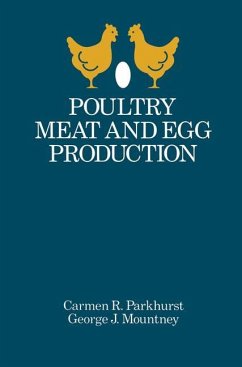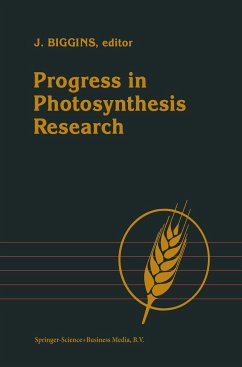
Methane Production from Agricultural and Domestic Wastes

PAYBACK Punkte
20 °P sammeln!
This volume in the Energy from Wastes Series covers the area of methane production from agricultural and domestic wastes. Principally this involves the conversion of excreta and other organic effluents to a valuable gaseous fuel plus, in many cases, a useful sludge for fertiliser or feedstuffs. Dr Hobson and his colleagues have written a comprehensive text on the principles of microbiological processes and the biochemistry of anaerobic digestion, embracing the design of digesters with examples of current working installations. The potential for anaerobic digestion of wastes as diverse as sewag...
This volume in the Energy from Wastes Series covers the area of methane production from agricultural and domestic wastes. Principally this involves the conversion of excreta and other organic effluents to a valuable gaseous fuel plus, in many cases, a useful sludge for fertiliser or feedstuffs. Dr Hobson and his colleagues have written a comprehensive text on the principles of microbiological processes and the biochemistry of anaerobic digestion, embracing the design of digesters with examples of current working installations. The potential for anaerobic digestion of wastes as diverse as sewage to fruit processing effluents is also reviewed. This work should be of interest to all who have to manage organic waste treatment and disposal, as well as to a wider readership who wish to know more about methane production by anaerobic digestion. ANDREW PORTEOUS v Preface The production of methane, or more exactly, a flammable 'biogas' containing methane and carbon dioxide, by microbiological methods ('anaerobic digestion') is not new. The reactions have been in industrial use for over a hundred years, but only in sewage purification processes. In some times of national stress, such as war-time, the microbiological production of gas purely for fuel has been investigated, but with the resumption of plentiful su pplies of fossil fuels the investigations have faded awa y.














